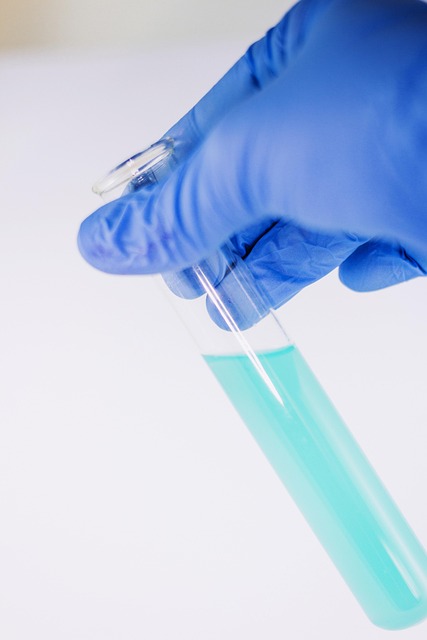High testosterone levels (hyperandrogenism) impact physical and mental health, causing symptoms like acne and voice deepening. Causes include hormonal imbalances, medical conditions, and lifestyle factors. Accurate diagnosis requires a testosterone level test service. Balanced diet with zinc and vitamin D is key to optimal hormone production. Exercise, stress reduction, and natural supplements support testosterone management. Proactive monitoring via testosterone level test services helps address imbalances safely and naturally.
High testosterone levels can have both positive and negative effects on the body. This comprehensive guide explores natural remedies for managing excessive testosterone, delving into causes like dietary factors, lifestyle choices, and hormonal imbalances. We discuss effective strategies such as dietary adjustments, supplements, exercise, and alternative therapies. By understanding these approaches, individuals can take control of their health and consider suitable testosterone level test services for personalized management.
- Understanding High Testosterone Levels: Causes and Effects
- Dietary Adjustments for Balancing Hormones
- Natural Supplements to Reduce Testosterone
- Lifestyle Changes for Healthy Testosterone Management
- Exercise as a Powerful Hormonal Regulator
- Alternative Therapies and Their Impact on Testosterone
Understanding High Testosterone Levels: Causes and Effects
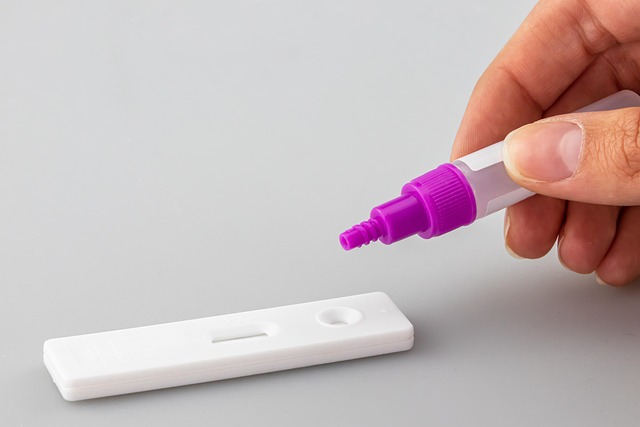
Understanding High Testosterone Levels: Causes and Effects
High testosterone levels, often referred to as hyperandrogenism, can have a significant impact on both physical and mental health. It’s important to note that while testosterone is essential for overall well-being, excess amounts can lead to various symptoms and conditions. The most common causes of elevated testosterone include hormonal imbalances, certain medical conditions like polycystic ovary syndrome (PCOS), and, in some cases, lifestyle factors such as excessive exercise or diet high in protein.
A testosterone level test service is crucial for diagnosing hyperandrogenism accurately. However, the effectiveness of over-the-counter tests is debatable, with many professionals questioning their reliability. While testosterone replacement therapy (TRT) may be prescribed to manage symptoms, it’s essential to weigh the benefits against potential risks. In light of these considerations, individuals experiencing elevated testosterone levels should consult healthcare professionals for proper evaluation and personalized treatment options.
Dietary Adjustments for Balancing Hormones
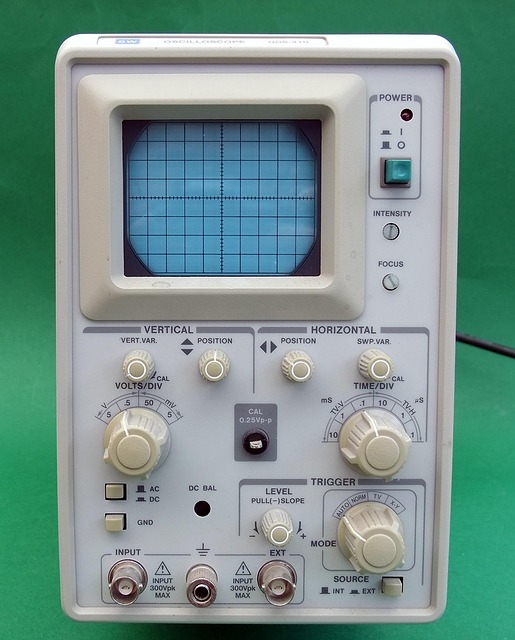
Maintaining a balanced diet is an essential aspect of regulating hormone levels, including testosterone. When considering natural remedies for high testosterone levels, dietary adjustments play a significant role in achieving equilibrium. A key focus should be on incorporating foods rich in zinc and vitamin D, as these nutrients are vital for proper hormone production and metabolism. Oysters, beef, and pumpkin seeds are excellent sources of zinc, while fatty fish like salmon and mackerel, along with egg yolks, provide vitamin D.
Additionally, it’s important to monitor your sugar intake since high glycemic index foods can lead to insulin resistance, which may disrupt hormone balance. Opting for complex carbohydrates and staying hydrated also contribute to overall hormonal health. Regularly assessing your diet and considering a testosterone level test service can help identify areas of improvement, especially when comparing symptoms with a normal vs low t levels chart. Even subtle adjustments can make a difference in managing high testosterone levels naturally. Remember, a balanced diet is a powerful tool in supporting overall well-being.
Natural Supplements to Reduce Testosterone

While high testosterone levels might seem like a desireable trait for some, especially among athletes and bodybuilders, maintaining a balanced testosterone function in males is crucial for overall health. If your men’s health testosterone testing reveals elevated levels, there are natural supplements that can help bring them down. These include saw palmetto, which has been shown to inhibit the production of dihydrotestosterone (DHT), a hormone closely linked to high testosterone. Other effective natural remedies include vitamin D3 and zinc, both essential for maintaining healthy testosterone levels.
In addition to these t-level optimization strategies, lifestyle changes such as regular exercise, a balanced diet, and sufficient sleep can also contribute to managing your testosterone levels. Reducing stress through practices like meditation or yoga has been linked to better hormone regulation. Always consult with a healthcare professional before starting any new supplement regimen to ensure it’s suitable for your individual needs and health status.
Lifestyle Changes for Healthy Testosterone Management
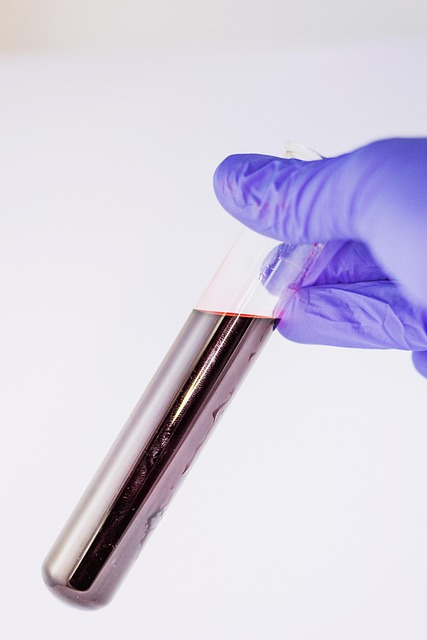
Maintaining a healthy testosterone level is crucial for overall men’s health and well-being. Beyond medical intervention, several lifestyle changes can significantly impact testosterone management. Regular exercise, particularly high-intensity workouts, stimulates testosterone production. A balanced diet rich in zinc, vitamin D, and healthy fats further supports optimal hormone levels. Adequate sleep is another critical factor; prioritizing 7-9 hours nightly can help regulate testosterone naturally. Stress management is also key, as chronic stress may disrupt hormonal balance; incorporating relaxation techniques like meditation or yoga into daily routines can mitigate this.
Additionally, avoiding excessive alcohol consumption and maintaining a healthy weight are essential practices for natural testosterone control. Regular check-ups with healthcare professionals, including testosterone level test services, enable men to monitor their hormone levels proactively. If necessary, identifying and addressing the root causes of high testosterone—such as medical conditions or certain medications—can help guide effective how to increase testosterone safely strategies, countering potential natural remedies for low testosterone.
Exercise as a Powerful Hormonal Regulator

Exercise is a powerful tool for regulating hormonal balance, including managing high testosterone levels. Regular physical activity can help reduce excess testosterone in the body by increasing the production of other hormones that act as natural antagonists. For instance, exercise stimulates the release of estrogen and progesterone, which can help to counterbalance elevated testosterone. This is particularly beneficial for individuals looking to understand and manage their testosterone level test service results.
Incorporating a balanced routine that includes both cardiovascular exercises and strength training can be highly effective. Cardio activities like running, cycling, or swimming help burn off excess hormones, while resistance training, such as weight lifting or bodyweight exercises, promotes the production of growth hormone and other peptides that support hormonal regulation. Understanding the testosterone test cost breakdown and how often to test T levels is crucial for developing an informed exercise regimen tailored to individual needs. Moreover, addressing high testosterone causes through exercise can lead to significant improvements in overall health and well-being.
Alternative Therapies and Their Impact on Testosterone
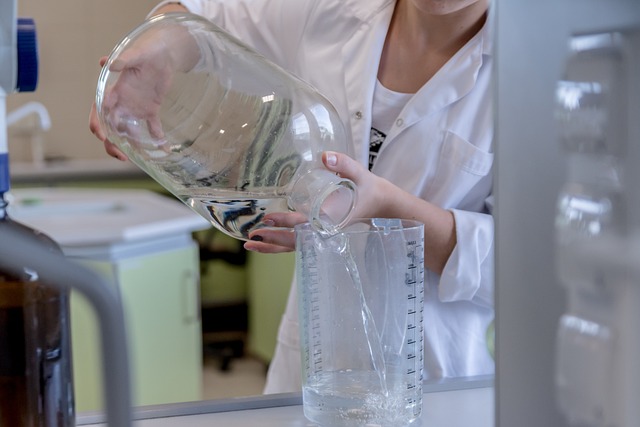
In addition to lifestyle changes and dietary adjustments, several alternative therapies have gained attention for their potential impact on balancing testosterone levels. These natural remedies offer a different approach to managing high testosterone, focusing on addressing underlying causes and promoting overall well-being. One such method is acupuncture, an ancient practice that involves inserting thin needles into specific points of the body. Research suggests that acupuncture can help regulate hormone production, including testosterone, by stimulating nerve endings and promoting blood flow to key areas. This therapy has shown promise in reducing excess testosterone levels naturally.
Herbal supplements and certain dietary additives are also popular choices for those seeking to fix low T levels. For instance, ashwagandha, a herb known for its adaptogenic properties, has been studied for its potential to lower testosterone levels naturally. Additionally, some people turn to specialized testosterone test online services to monitor their hormone levels and make informed decisions about their health. Understanding the symptoms of high testosterone in males, such as aggressive behavior and excessive facial hair growth, is crucial when considering these alternative treatments. These natural remedies offer a holistic approach to managing testosterone levels, providing potential alternatives for individuals looking to avoid conventional medical interventions.
In managing high testosterone levels, a holistic approach combining dietary adjustments, natural supplements, lifestyle changes, exercise, and alternative therapies can be highly effective. Regular monitoring via a comprehensive testosterone level test service is crucial for tracking progress and making informed adjustments. By adopting these strategies, individuals can achieve hormonal balance, mitigate potential health risks associated with elevated testosterone, and enhance overall well-being.
